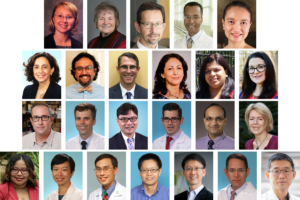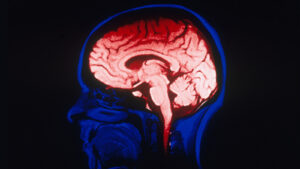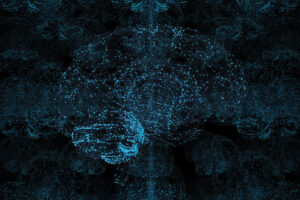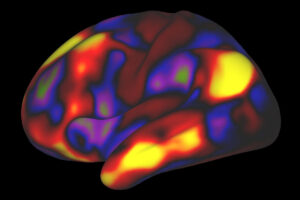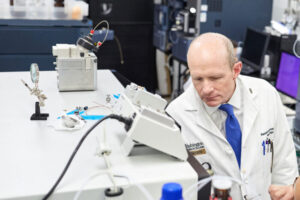Naresha Saligrama, an assistant professor of neurology and of pathology and immunology at the School of Medicine, is part of a team led by Lisa Wagar, of the University of California, Irvine, that has received multiyear, multi-million-dollar funding from Wellcome Leap to use human tonsil organoids to study immune responses.
Saligrama part of team that received Wellcome Leap funding (Links to an external site)

